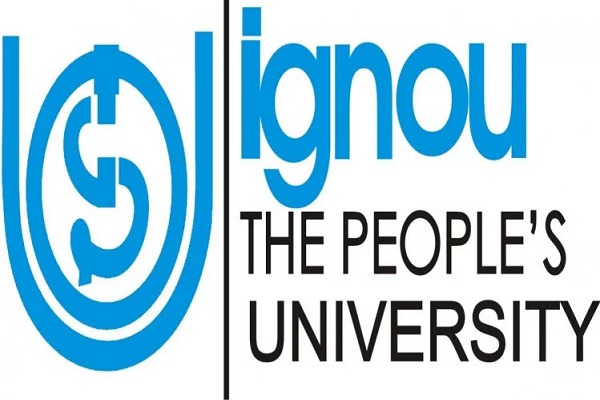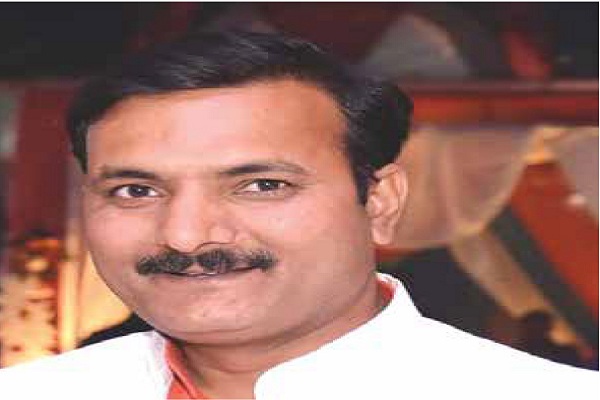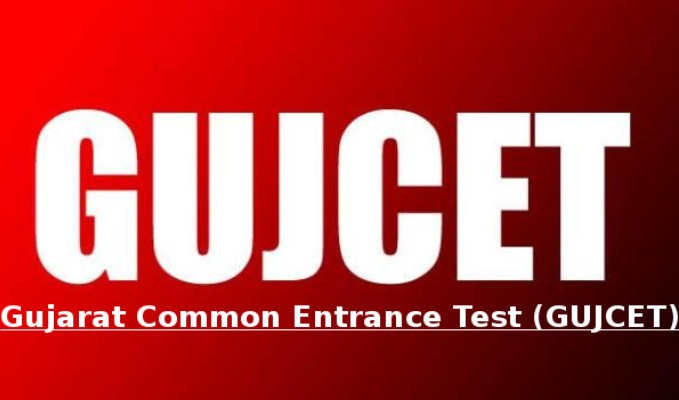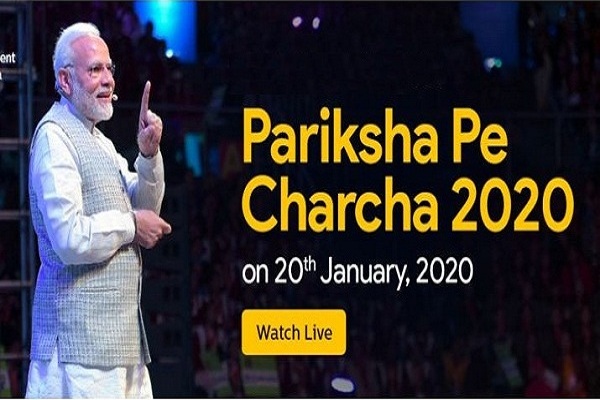The start-up and innovation ecosystem has already gained momentum in India. With the ‘Startup India’ mission in place since the last four years, Government of India has reached out to new-age innovators to drive sustainable economic growth and generate large scale employment opportunities in the country, writes Debajyoti Mohanty of Elets News Network (ENN).
Innovation is essential for the growth of any economy. Furthermore, the education system and the young population play a vital role in shaping the innovation ecosystem of any country. Young entrepreneurs studying-in or coming-out of universities often come-up with novel ideas aimed to make a meaningful impact in the society. For instance, some of the biggest disruptions in the tech industry were initiated by college-age entrepreneurs; like Mark Zuckerberg founded Facebook while he was a student at Harvard University, and Michael Dell founded Dell Computers at The University of Texas at Austin.
Being in a university or college is not a pre-requisite for starting a successful company, but there are many factors involved that make them a budding ground for start-ups. This is because on an average, higher and technical education institutions tend to attract smart and ambitious people. Besides attracting good talent, universities house students from multidisciplinary backgrounds and act as a platform for such individuals to interact with each other easily.
Many successful young-age start-ups are founded by teams of university students coming from diverse backgrounds. One explanation for this may be that smart and ambitious people do their utmost to attend the best university possible. They also display qualities like high levels of discipline and work ethics, which are critical to achieve success when launching an early age start-up.
Apart from universities, there are not many platforms that provide such a channel for individuals from varied disciplines to interact closely with each other on a regular basis. The chances of a business management student bumping into a computer engineer because they live in rooms next to each other, is very high at any university. Such a setting provides a better vehicle for interaction and innovation than working in silos.
Young entrepreneurs from universities also exhibit a higher risk tolerance as compared to others. Furthermore, young entrepreneurs form the largest segment of present-day entrepreneurs in the globe. According to reports, there are more than 165 million early stage entrepreneurs in the world, belonging to the age group of 18 to 25. Such a large number may reflect the fact that most college and university age entrepreneurs do not have spouses, children, mortgages, or other obligations to be concerned with. Instead, university students have more room to experiment and steer through successes and failures alike.
In such a scenario, encouraging and facilitating student start-ups has become an important objective for governments at large. Moreover, the growth of Artificial Intelligence (AI) and automation across the world has instilled a sense of urgency among the policymakers in meeting this demand.
The start-up and innovation ecosystem has already gained momentum in India. With the ‘Startup India’ mission in place since the last four years, Government of India has reached out to new-age innovators to drive sustainable economic growth and generate large scale employment opportunities in the country. One of the major goals of Startup India is to build a culture start-ups and innovation across the central universities of the country that cater to more than 40 lakh students.
In line with the Centre, Government of Gujarat has also strived to build an effective start-up and innovation ecosystem in the state. With more than 1 lakh projects, theses and innovative ideas brought up by students from over 60 universities and higher education institutions, Gujarat is an important source of innovations and start-ups catering to new products and services emerging from the market.
Witnessed during the last decade and still ongoing, Gujarat’s growth story has been inspiring. The state contributes 7.7 percent to the country’s GDP, comprising only 5 percent of the country’s total population. Moreover, the state is blessed with an efficient bureaucracy, an enterprising business class, an excellent infrastructure including roads, urban and rural development, and a robust agricultural setup. Aimed at aggressive expansion, the state’s industrial policies have reaped economic benefits for the populace at large. In the first quarter of FY20, Gujarat saw a record Rs 18,325 crores in Foreign Direct Investment (FDI). In terms of industrial output, the state stands second only to Maharashtra.
This special story focuses on various essentials of the Gujarat Student Start-up and Innovation Policy (SSIP) and how it is promoting self-employment among the youth of the state by supporting novel ideas of young students and providing them with a conducive environment to harness their creative pursuit. The story also explores how government policies and various incubation centres at different universities help innovative ideas transform into a final product.
Gujarat’s SSIP is the first of its kind in India. Crafted with an aim to promote student innovation and start-ups across the state at a large scale, SSIP’s key goals are – to make all the universities execute their innovation and pre-incubation agendas by 2021; to create job creators out of at least 1 percent graduates in the state by innovation and allied means; to support at least 1,000 student-led innovations per year; to file 1,000 patents from universities in the state every year; to harness 500 student start-ups in the next five years, and upscale them; to build capacity for at least 200 educational institutes in the state in the next five years by providing them a robust pre-incubation support; and to enable all universities in the state to develop full-fledged incubators in the next five years.
Moreover, SSIP mandates interventions at three specific levels, namely, state-level strategy and planning, university-level contextual policy implementation and handholding, and grassroots level deployment and end-to-end support on ideas and innovations.
Under SSIP, the Government of Gujarat has undertaken many unique initiatives. These include – organising an Industrial Hackathon with 400+ challenges, involving 150+ industries and 20,000 students; organising a Summer Innovation Challenge with 800 participating teams, competing for 25 awards in five categories; building a ‘State Innovation Hub’ to provide a single point access to innovation and start-up support; building four ‘Regional Innovation Centres’ with an aim to construct a decentralised start-up support system; introducing a Student Innovation Fund for prototyping and filing Intellectual Property Rights (IPR), and providing IPR protection and support under a dedicated IPR policy.
The Gujarat Innovation Hub (I-Hub) incorporates around 1,00,000 square feet of space for pre-incubation and incubation support. It features fully integrated futuristic labs, in-house innovation centres and a state level intellectual property facilitation centre (IPFC). The hub provides a single point access to Angel Investors, Venture Capital (VC) funds, technology, mentorship, and cross domain and across the value chain start-up support. Furthermore, the I-Hub facility has been linked to all incubation, pre-incubation, and acceleration systems in the universities of Gujarat, from which, around 500 student innovators and start-ups can benefit at any given point of time.
The SSIP has many facets in the form of flagship programmes. These include – ‘Start-up Window’ for access to govt schemes; ‘Samajh’ for exposure; ‘Goonj’ for awareness; ‘Bloom’ for innovation in school; ‘Prashansa’ for recognition; ‘Sathi’ for mentorship; ‘Saksham’ for capacity building; ‘Manak’ for certification; ‘Clinic’ for start-up incorporation; ‘Samarth’ for single-point support; ‘Grow’ for incubation; and ‘Mart’ for market creation.
Additionally, SSIP has provisions to create a Student Innovation Fund (SIF) of Rs 200 crores for five years; Rs 100 from the SIF will be provisioned every year till the policy expires, where as the remaining RS 100 crores will be mobilised by existing resources like the university’s internal budget, central budget, private and CSR funds, among others. SIF will be utilised for deploying state-level agenda of the policy, as well as for the ‘Innovation and Pre-incubation Support Scheme’.
SSIP Bloom has been promoting innovation in school children. Under the programme, every SSIP grantee will be making efforts to train school level innovators. Till now, more than 4,327 students have been introduced to the Bloom program that involved two weeks hands on exposure on innovation and entrepreneurship. In addition, more than 47 colleges and 5 universities have organised SSIP Bloom, covering more than 287 schools across the state. The number of patents filed from Gujarat has increased eight fold, and outreach and basic capacity building has increased six-fold after the launching of SSIP.
To function in an unbiased manner, SSIP follows an equitable eligibility criterion, according to which the interested university or educational institution must be based in Gujarat and must be recognised or affiliated by an accrediting governmental agency or a recognised university of the state. Additionally, the institution must have demonstrated concrete efforts for innovation and entrepreneurship in the past and must have a strong commitment to participate thoroughly in order to achieve the goals of SSIP.
The SSIP application process is quite straightforward, according to which the state government will have to notify the initiation of the policy period through various formats of application, and each prospective university or beneficiary institute will have to apply with a proposal which includes a detailed action plan, timeline and deliverables, as defined by the’ Policy Implementation Committee’ (PIC) or the state government via official notifications.
Launched by the state government with a firm resolve, SSIP has been designed to achieve its desired goals in an efficient manner. Remarkably, it features an online web portal that seamlessly integrates all the stakeholders to monitor each and every milestone in real time. Besides, the progress of the key goals of the policy concerning the set ‘Key Performance Indicators’ (KPIs) is shared publicly at regular intervals. Additionally, the PIC reviews the overall policy objectives with the guidance of the Education Department and its implementation. Also, the Technical/Expert Committees at Universities are expected to advise appropriately for the smooth deployment of the goals at the respective universities
To quantify advancement, the beneficiaries of SSIP, comprising of Universities and other Institutions, have to present a half-yearly progress and impact report. In addition, every university, after receiving the grant, will be required to submit a provisional plan of action. If a beneficiary is found lacking, further release of grants will be done after re-evaluation. Additionally, an impact report on ‘Innovation and Pre-incubation Ecosystem for Students’ (IPIES) interventions will be published annually for the reference of all the stakeholders in the public domain.
By the end of 2018, SSIP had reached above 2,55,000 students and supported around 2,900 projects and 916 prototypes. Moreover, 396 patents were filed and Rs 19.5 crores worth of grants were sanctioned for 74 grantee universities and institutions. The policy has helped foster many innovative and successful student start-ups in the fields of manufacturing, Artificial Intelligence (AI), automation, Internet of Things (IOT), Fast-moving Consumer Goods (FMCG), Art, clothing, robotics, Space technology, e-commerce, education, waste management, smart agriculture, sports, social impact, automobiles, legal solutions, data analytics, business intelligence, marketing,interactive media, travel, healthcare, dairy, energy and environment, among others.
Due to its thorough nature and successful implementation, SSIP has gained a lot of popularity among the masses. Besides, the state has won many accolades for introducing and running the initiative. For instance, Gujarat has been awarded by Department for Promotion of Industry and Internal Trade (DPIIT) and Start-up India as the best performing state for start-up support, along with a special mention of SSIP policy. Furthermore, the state has bagged Dr APJ Abdul Kalam foundation award for Public System Innovation, SKOCH Award 2019 for Public Sector Innovation, and Digital Learning Award for promoting student innovation and start-ups.
Considering the volume of work and effort put behind formulating and implementing a start-up policy such as SSIP, the future looks bright for budding entrepreneurs studying in Gujarat’s colleges and universities.



























